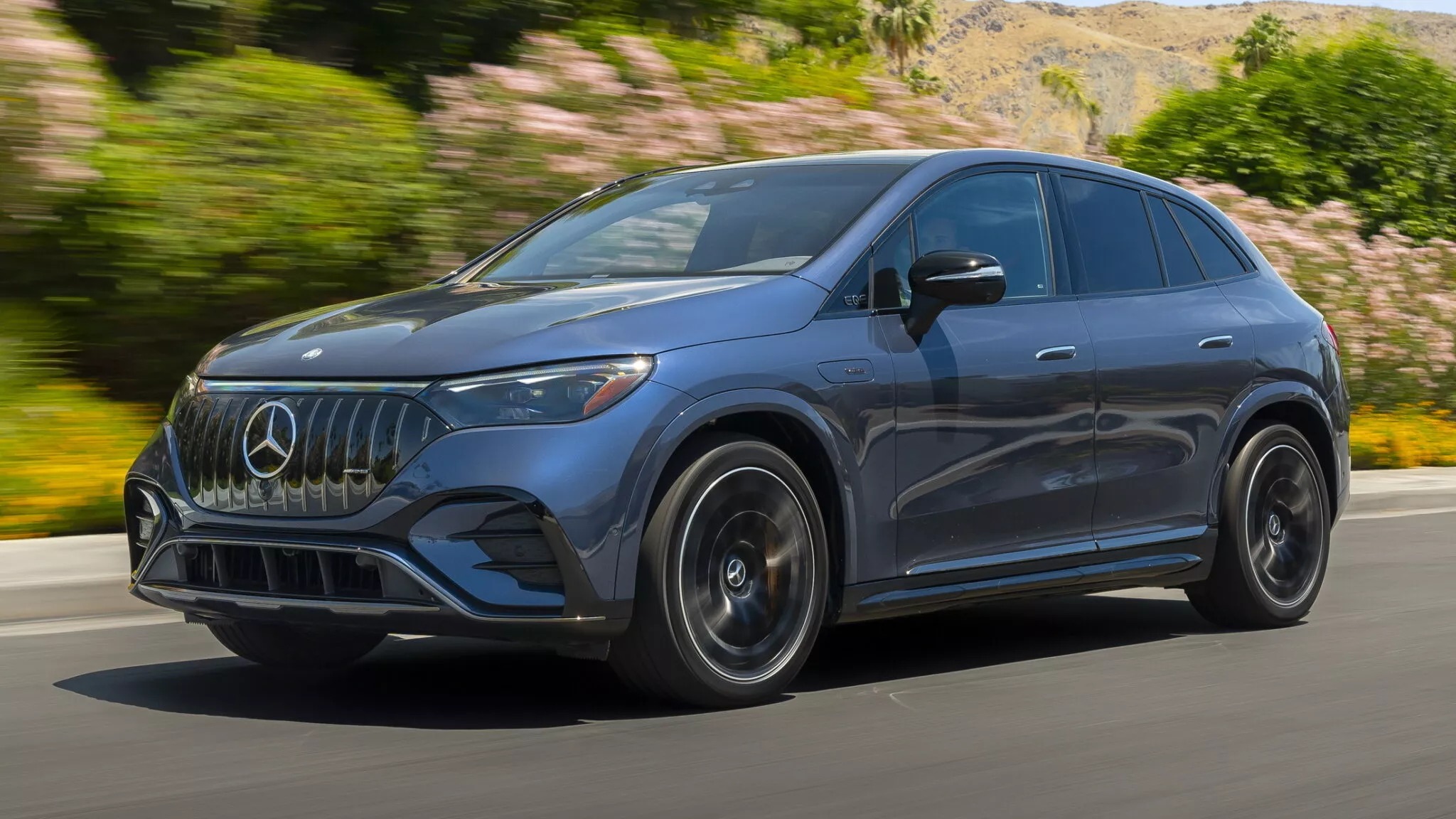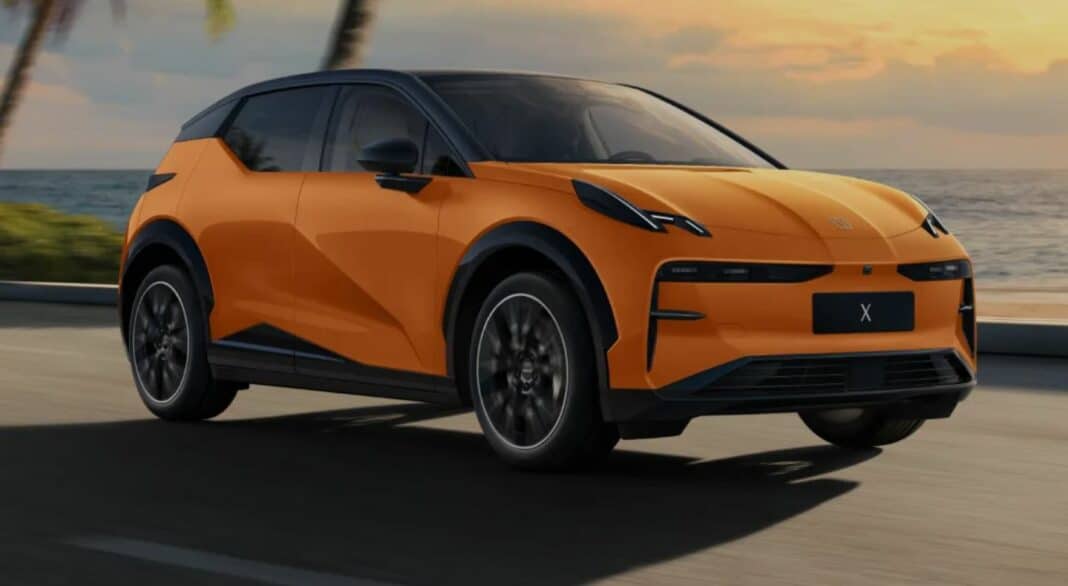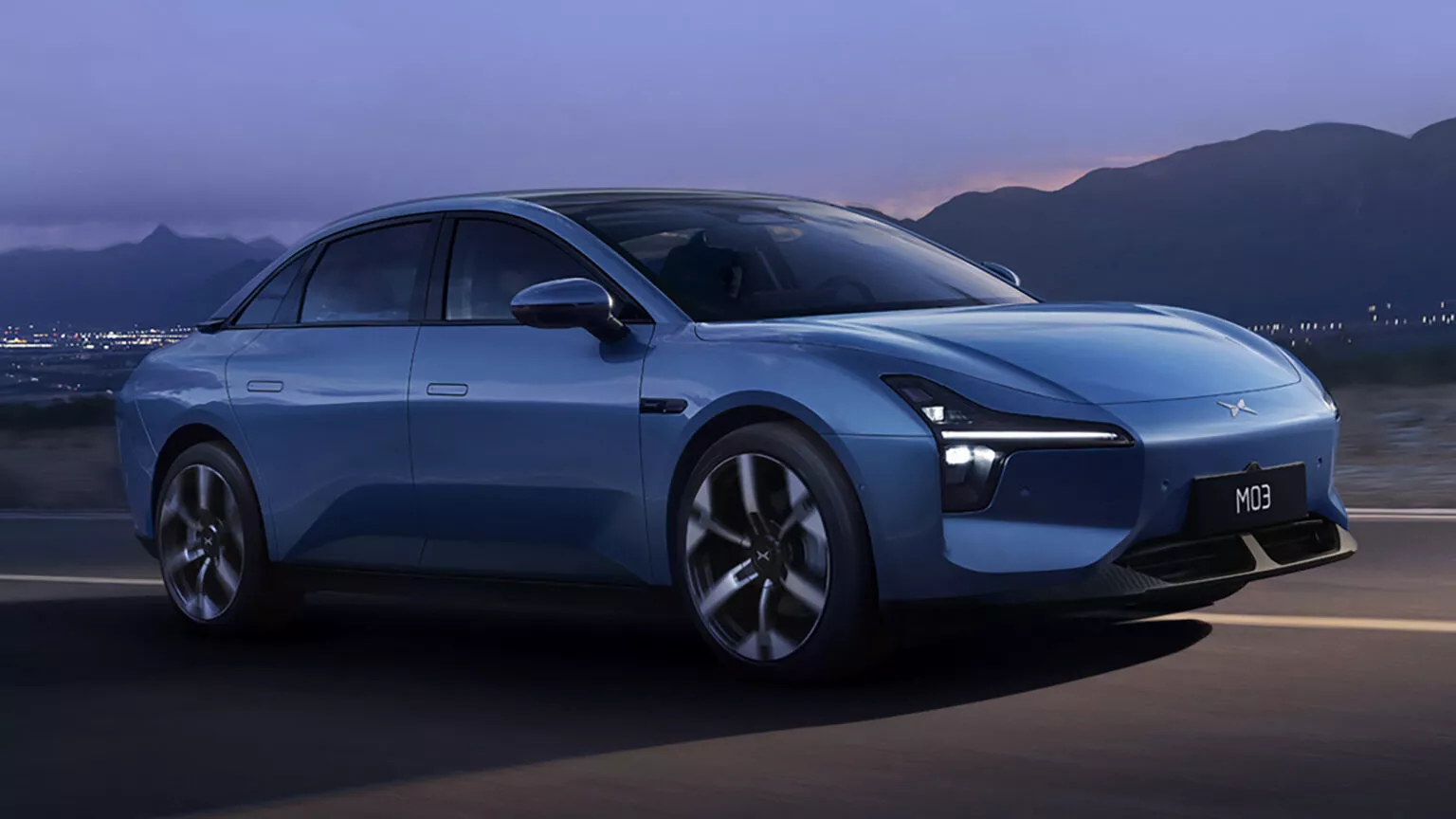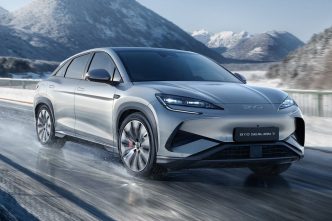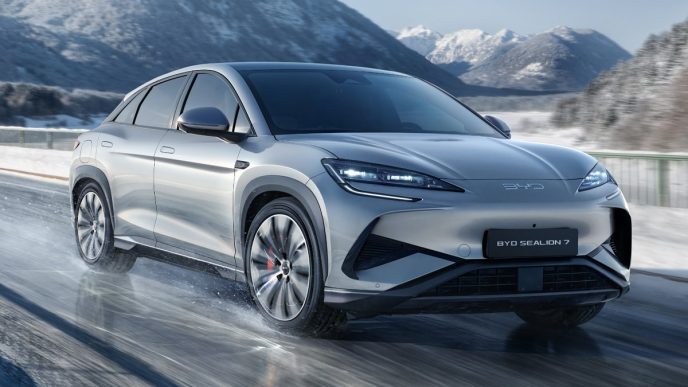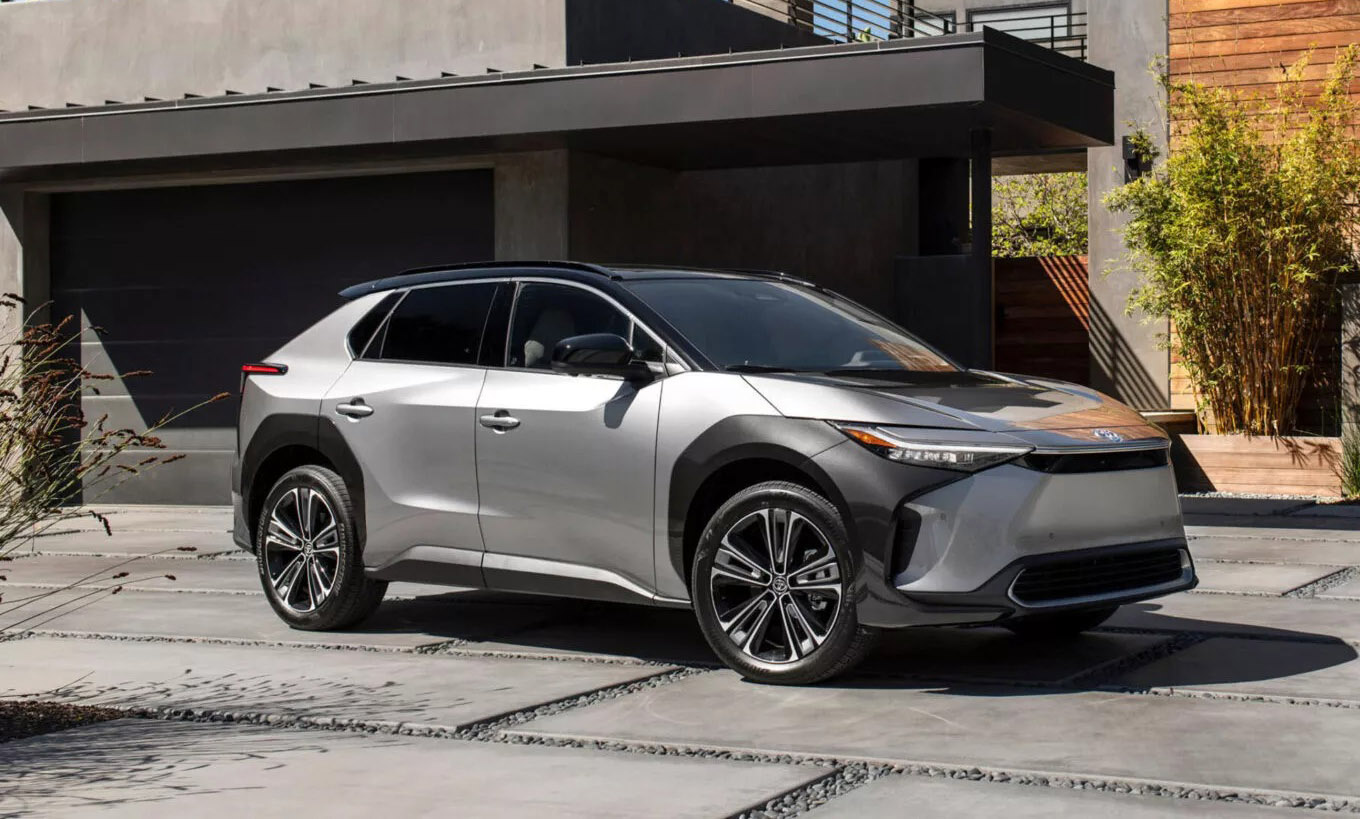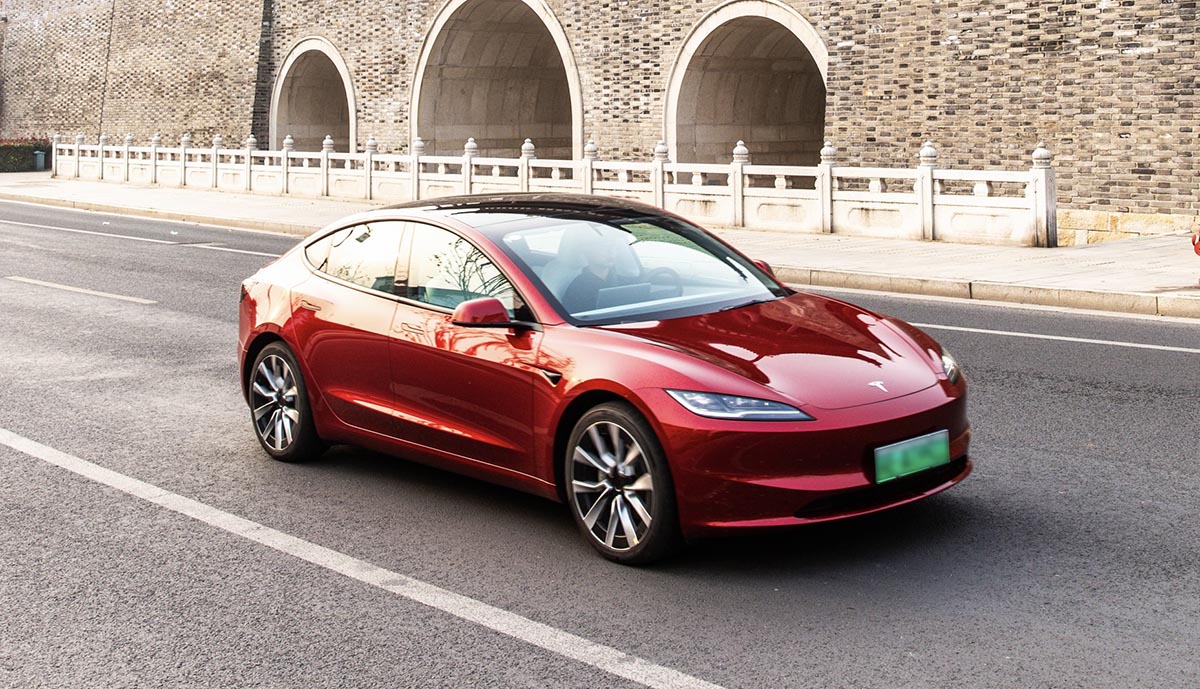Mercedes-Benz is facing significant challenges in its electric vehicle (EV) segment, with third-quarter sales plummeting 31% compared to the same period last year. The luxury automaker sold just 42,544 EV units in Q3, a drop of 19,077 vehicles from the previous year. This downturn raises questions about the company’s ambitious electric lineup, which includes models like the EQA, EQB, EQE, EQE SUV, EQS, EQS SUV, and the newly introduced electric G-Class.
The situation is not improving year-to-date, as Mercedes has reported a 22.1% decline in EV sales, with total units sold dropping from 174,471 in the first nine months of 2023 to just 135,908 this year. This decline is mirrored by a broader downturn in overall sales for Mercedes-Benz Cars, which experienced a 1.4% decrease, totaling 503,573 units sold. Plug-in hybrid sales also took a hit, falling 14.7% to 87,232 units.
The company’s financial performance reflects these struggles, with third-quarter group revenues falling 6.7%. More concerning are the steep declines in earnings before interest and taxes, which dropped 48%, alongside a 47.5% decrease in earnings per share, now at €1.81 ($1.96).
Despite these challenges, Mercedes-Benz attempted to highlight its resilience, noting “solid sales… despite product transitions, a challenging market environment and fierce competition, particularly in China.” However, CFO Harald Wilhelm was more candid in his assessment, stating, “The Q3 results do not meet our ambitions,” and adding that the company would adopt a “prudent view about market evolution going forward” while enhancing efficiency and cost improvements.
Looking ahead, Mercedes-Benz Cars anticipates sales to be “slightly below” the levels seen in 2023, with the fourth quarter expected to mirror Q3 trends, though it may benefit from improved availability of high-end models like the SL- and G-Class, as well as the AMG GT and AMG E-Class.

